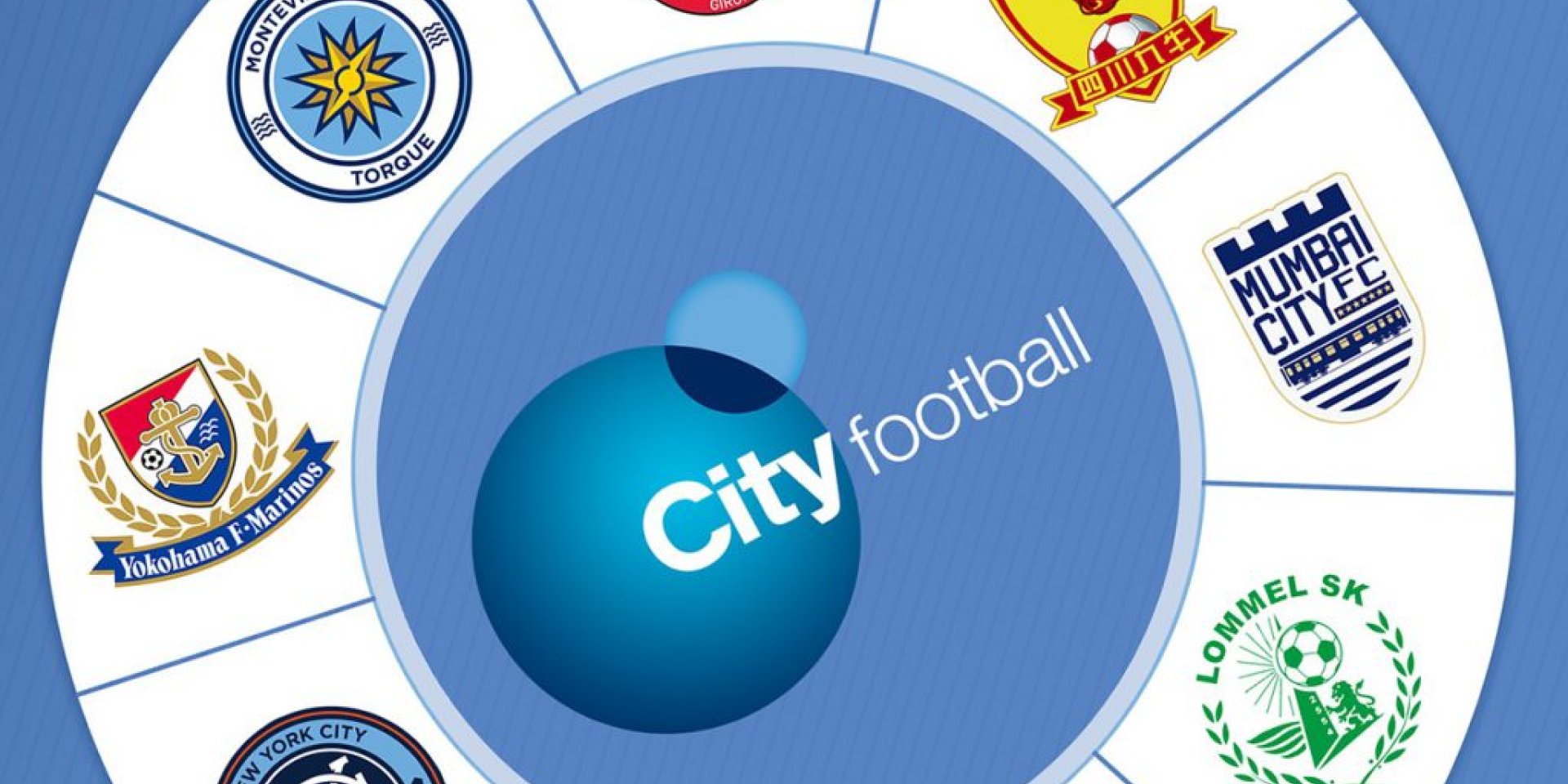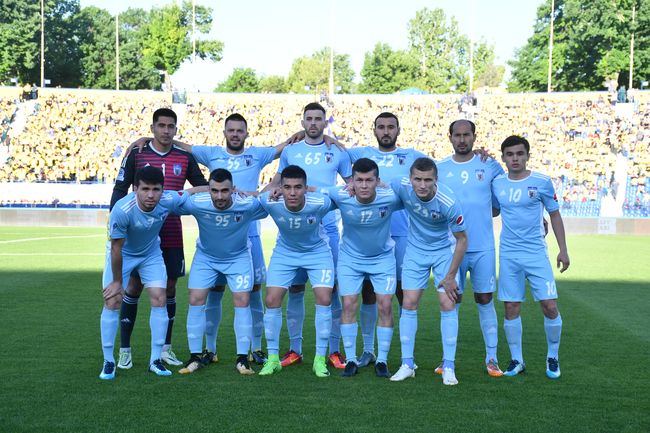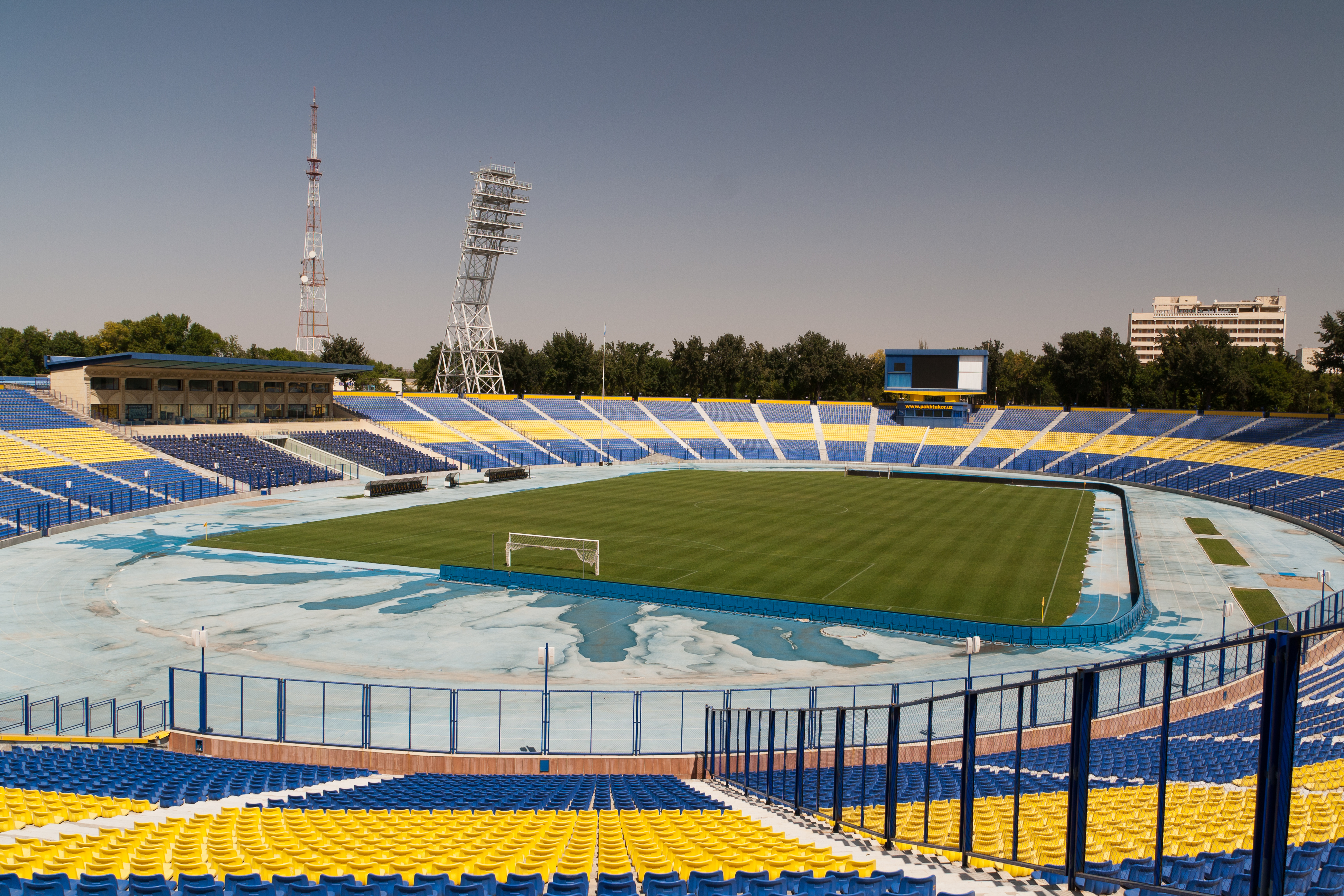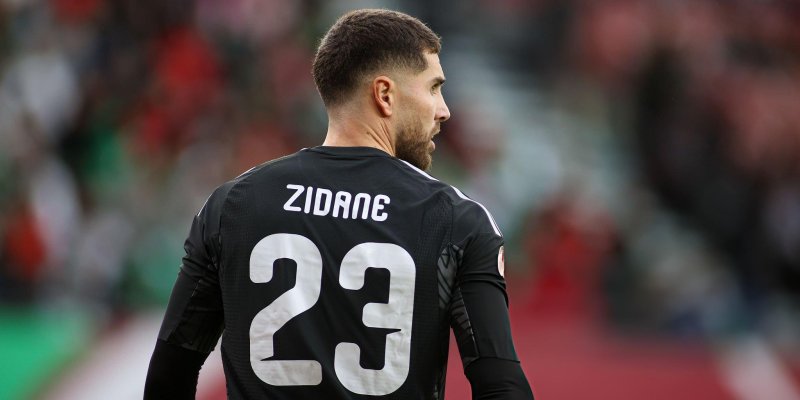
Global Ambitions: CFG's Focus Turns to Uzbekistan
City Football Group, which manages assets from Manchester to Montevideo, is ready to expand its football geography by adding Uzbekistan. The impending changes were announced by Otabek Umarov, First Vice-Chairman of the National Olympic Committee: the holding is studying the possibility of acquiring a local club, thereby strengthening its presence in this rapidly growing region.
The Husanov Effect: One Transfer — Millions of New Fans
The key catalyst for this interest was defender Abdukodir Husanov’s move to "Manchester City." The footballer, who had played for Uzbekistan’s youth and U23 national teams, became a living billboard for the English powerhouse. Whereas previously, in a country of about 38 million people, only a handful of Premier League enthusiasts followed the Citizens, fans in neighboring Kazakhstan, Kyrgyzstan, and Tajikistan now closely watch the team’s matches. A single local transfer has effectively opened up an entire cluster of new supporters to the global audience.
The Thirteenth Mosaic Piece: Whom Will CFG Choose

CFG’s portfolio already includes 12 full-fledged clubs and one partner club, "Bolívar." Insiders claim that the “unlucky” thirteenth spot may be taken by "Kokand-1912," Uzbekistan’s oldest team. The oldest, though not the most decorated, this brand with a rich history fits perfectly with CFG’s philosophy, which bets on a strong academy, loyal supporters, and the potential for rapid capitalization.
The possible deal is also backed by state strategy: the republic’s authorities are actively shifting clubs from public funding to private hands. As of January 2025, only three Super League sides — "Dinamo," "Pakhtakor," and "Surhan" — had private investors; the rest were mainly financed by state-owned companies such as Uzbekneftegaz and regional khokimiyats. The arrival of a player like CFG could become a benchmark for the others.
Study Trip: An August Visit to the Home of Champions
This summer an Uzbek delegation will travel to Manchester to study player-development methods and training organization first-hand. A packed schedule is planned: from familiarizing themselves with the analytics department to immersing themselves in the infrastructure of the Etihad Campus. It was there that Pep Guardiola’s winning formula was forged, and it is there that Uzbek specialists will see how modern methodology and high technology — from GPS trackers to an automated workload-monitoring system — combine.
Privatization, Uzbek Style: Land, Stadiums, and Public Opinion

The process of transferring clubs to the private sector in the republic is far from simple. A presidential decree of March 2023 mandated the sale of teams on the balance sheets of state bodies; however, the very first major attempt — putting "Pakhtakor" up for auction together with a 24-hectare plot of land — faced public resistance. Fans did not want their home club to become merely part of a real-estate project. A potential deal with CFG differs favorably: it is not about land speculation but about implementing a modern management model in which every academy, every pitch, and every youth coach becomes an element of a single ecosystem.
The Champions' Ecosystem: How CFG's Multi-Layered Model Works
City Football Group is more than just a network of clubs under a single logo. It offers unified scouting standards, a common methodological base, and a seamless elevator for talent: a player from "Lommel" can end up in "Girona" and, after a stint in "New York City," make his debut in the Premier League. Adding an Uzbek club will give the country’s young footballers a corridor to top leagues and provide the market with new jobs, infrastructure investment, and, most importantly, a fresh managerial outlook.
What Will This Give Uzbek Football as Soon as Tomorrow?
- Finances and infrastructure. Private investment means modernizing stadiums, training bases, and youth academies.
- A transfer window to Europe. Entering the CFG system turns regional talents into players with an “international shop-window.”
- Raising the league’s level. Competition grows, and neighboring clubs are forced to match the new standards.
- Image and marketing. The arrival of a global brand increases the league’s media profile and attracts sponsors and broadcast rights.
Conclusion
CFG has already proven that it can turn local projects into successful global stories. If an Uzbek club truly becomes the thirteenth element of the Citizens’ empire, the football map of Central Asia could change forever — and young players will gain the chance to travel the path from a Ferghana academy to a Champions League final.








